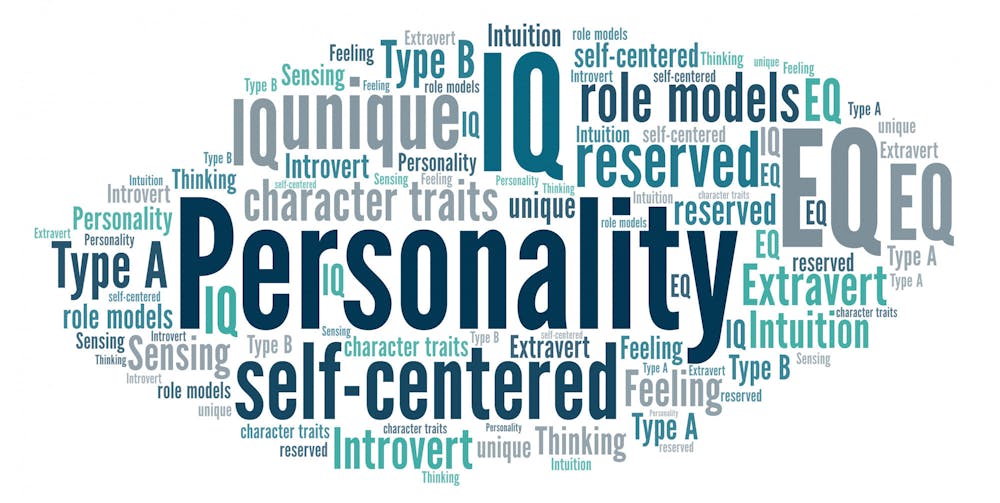By Amber Nodes
Staff Writer
In a September study, researchers at Florida State University studied the effects that Covid-19 had on individuals’ personalities from the early-to-late-stage pandemic. They found significant changes in personality, especially in younger people. Other studies have produced similar results, and millions of people may be out of work due to Long Covid.
The researchers specifically looked at the five-factor model of personality traits. The five factors are neuroticism, extraversion, openness, agreeableness, and conscientiousness, traits that were previously thought to be unlikely to change in adulthood by a stressful environment.
According to the study, the pandemic caused small declines in the average of all self-reported levels of personality factors other than neuroticism by 2021-2022, which were originally measured before or around the start of the pandemic. However, the study remarks that they found that younger adults showed an increase in neuroticism, “the tendency to experience negative emotions and vulnerability to stress.” Meanwhile, they found a decrease in agreeableness, “the tendency to be trusting and straightforward” and conscientiousness, “the tendency to be organized, disciplined, and responsible.” The authors believe that the evidence suggests that the slight decrease in neuroticism at the beginning of the pandemic may have been temporary and the more detrimental effects of the decline in the personality factors took hold later.
“If these changes are enduring, this evidence suggests population-wide stressful events can slightly bend the trajectory of personality, especially in younger adults,” the study states.
The study indicates that the effect of change in personality is unique to Covid-19, and has not been seen in events like natural disasters.
Since the beginning of the pandemic, researchers have been studying changes in personality and mental health. In another study published in Nature, scientists looked at how being infected with Covid-19 can cause both long and short-term neurological issues.
This study describes how the virus contributed to mental health decline indirectly through disruptions and directly through conditions, both long-term and short-term, caused by Covid-19. These symptoms include cognitive impairments, anxiety, fatigue and depression, which persist even after the infection.
Some groups may be more likely to be affected by poorer mental health during the pandemic, according to the study. Women reported higher increases in mental health issues related to the virus than men. The authors report that this increase could be due to increased responsibility in the house, related to chores or childcare. It also suggests that the pandemic and staying home could have exacerbated domestic gender issues, like domestic violence.
Other groups more affected include young adults and children, according to the study. Although the overall suicide rate did not increase, there were significant increases in the suicide rate among teenagers and children in China and Japan.
The study reports that people with pre-existing conditions were also more likely to be affected by the pandemic in regard to mental health and other groups too.
“White respondents were more likely to receive professional mental healthcare during the pandemic, and, conversely, Black, Hispanic and Asian respondents demonstrated higher levels of unmet mental healthcare needs during this time,” the study states.
An article from National Geographic reports that numerous people who have recovered from the virus have brain fog, anxiety, worse memory, the inability to think clearly and forgetting words. Some of the patients with these symptoms were only mildly infected with the virus.
It is clear that symptoms can linger or intensify now that the pandemic has been happening for 2 years, the article states. These lingering neurological problems are now part of a syndrome called Long Covid, according to National Geographic.
National Geographic reports that little is known about why Covid-19 causes the symptoms of Long Covid, but researchers believe inflammation may play a part in causing the symptoms.







